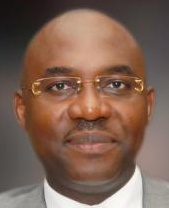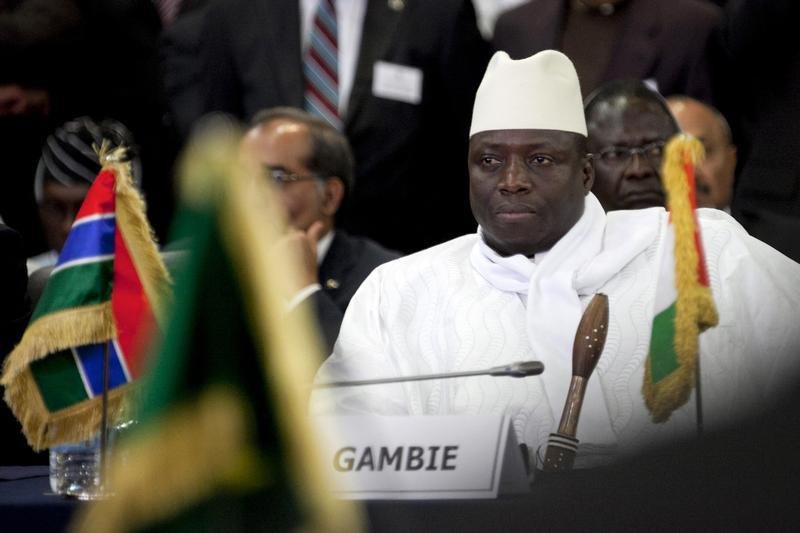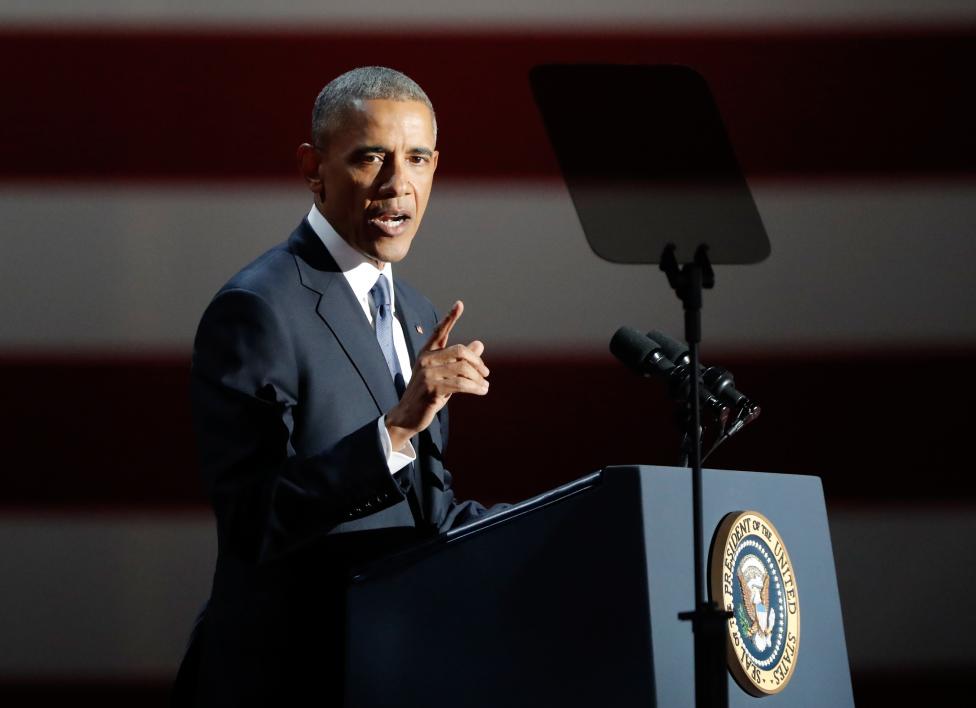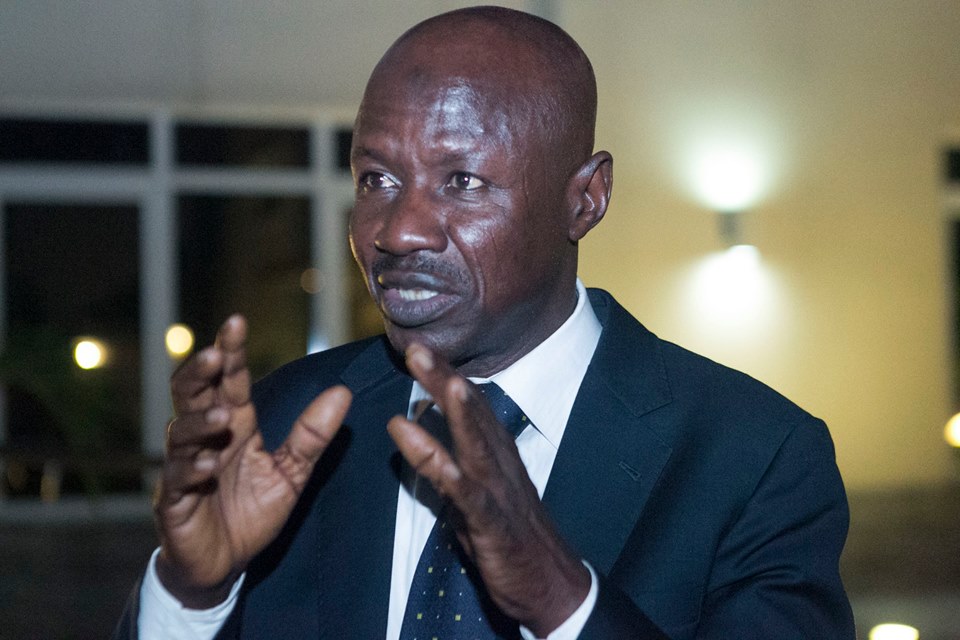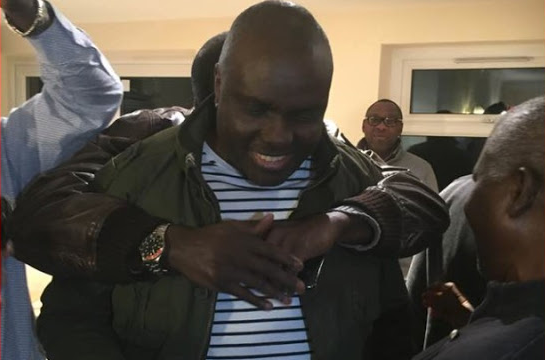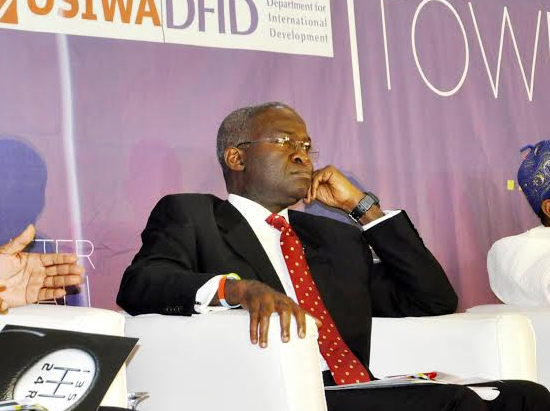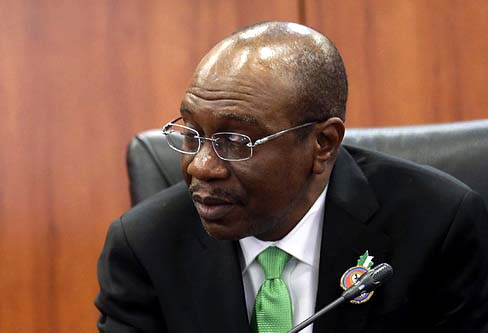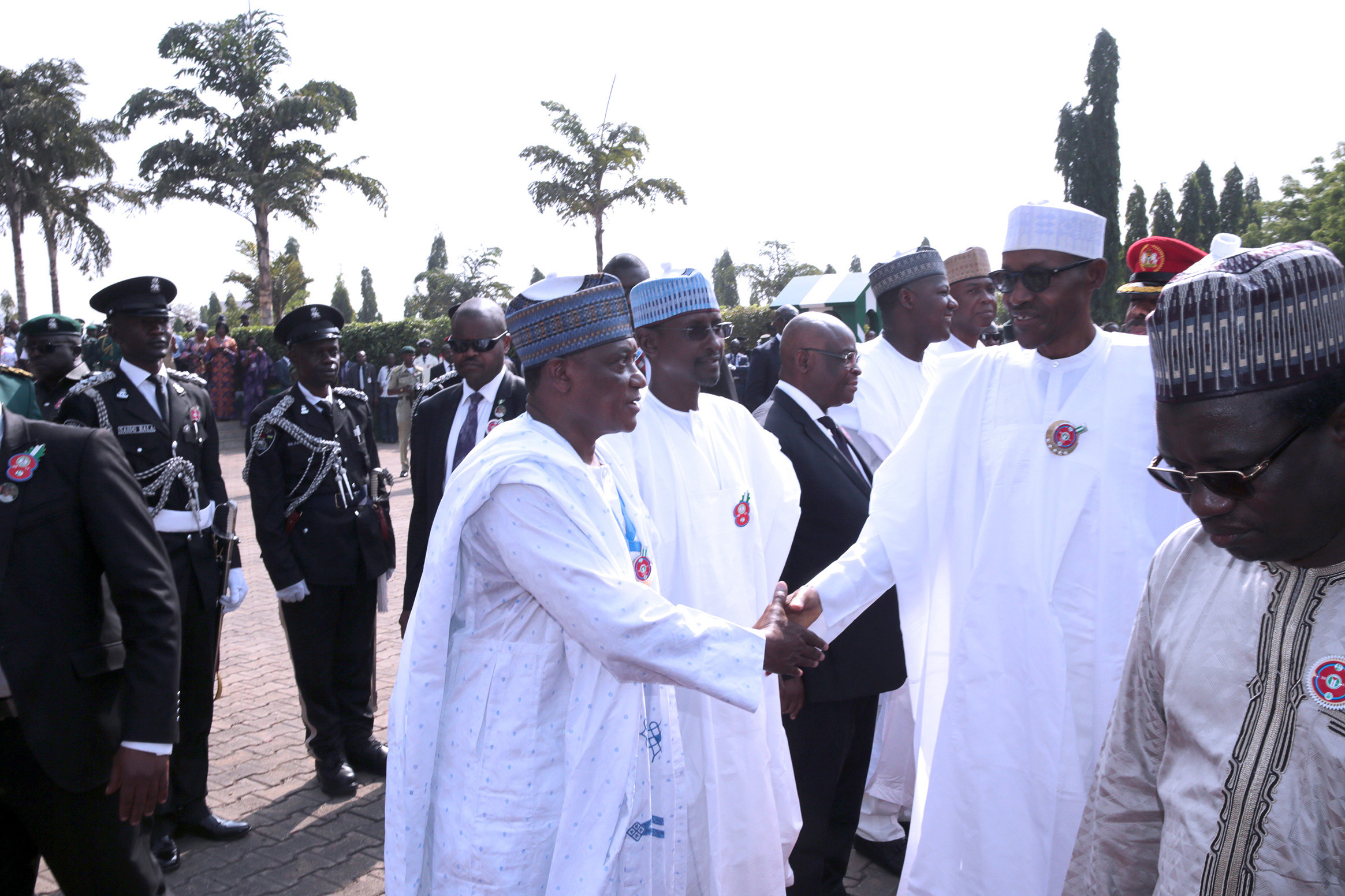Those skilled in psychoanalysis could not have missed the telltale hint. Newspaper images we saw of Yahya Jammeh receiving ECOWAS emissaries at the Banjul airport last Friday clearly depicted acute weight loss, accentuated by a distant look on his face.
Really, it would have been humanly impossible to be haunted at home and heckled from outside like Jammeh in the past seven weeks and remain unruffled.
An unconfirmed source even quoted him jokingly beseeching the leader of the august visitors, Nigeria’s Muhamnadu Buhari, “Mr. President, please don’t invade my country.”
If true, it would seem the self-confessed herbalist (he claims HIV/AID cure) who prefers to be addressed elaborately as “His Excellency, Sheik, Professor, Alhaji, Doctor” had, alas, become aware of the limitation of his much-vaunted talisman.
Advertisement
But like the proverbial doomed house-fly destined to join the coffin in the grave, The Gambian buffoon failed to take advantage of the olive branch offer by the ECOWAS peace-makers in the last-ditch effort to save him from himself. Not even another face-saving offer of asylum by the Nigerian congress would dissuade him from the path of perdition.
On Tuesday, he took liberty to impose a three-month state of emergency even when his legal mandate would expire less than twenty-four hours (Wednesdaynight).
Before then, the Government House had almost become deserted and Banjul a ghost town following the exodus of fearful citizens to Senegal and other neighboring countries. No fewer than eight cabinet members (including the Information and Foreign Ministers) had resigned and defected.
Advertisement
The floodgate of resignations was opened by no less than the chief electoral officer himself, Alieu Momar Njai. After declaring Adama Barrow winner of the December 1 polls, Njai had admitted some glitches in the process of tabulating the results.
But despite that the reconciled figures still did not alter the outcome significantly, Jammeh, who had ruled the tiny country for 22 years, suddenly found a cheap alibi to recant his earlier concession of victory to the opposition.
From initially accepting defeat, the Gambian desperado now wanted a re-run.
Njai’s responded by sneaking out of the country, upsetting Jammeh’s crafty trap.
Advertisement
So, as the Nigerian war ship and ECOWAS troops begin to mass along the Gambian coast in the days ahead for what now appears an inevitable invasion of the presidential fortress in Banjul, the nay-sayers – like Nigeria’s deputy senate president Ike Ekweremadu – need not misconstrue the historic necessity of the task at hand.
The mission to dislodge Jammeh for refusing to obey the electoral verdict of December 1 should not be seen as a favour to a fellow West African nation. Rather, it is a moral duty owed the long-suffering people of The Gambia.
The argument of Ekweremadu and those preaching against the military option is essentially based on the otherwise thoughtful notion that “to jaw-jaw is better than war-war”. But such pacifism is tenable only on the premise that we are dealing with a sane man. From his conduct over the years, especially the odd symptoms seen in the past 49 days, it should be clear to everyone now we have on our hands a power psychopath, if not a first-class psychiatric patient.
Those presently worried about the material costs of a military invasion are only being myopic. They should consider the price ECOWAS would pay if the Jammeh cancer was not quickly staved and excised but instead allowed to metastasize into a full-blown civil war with the attendant humanitarian crisis and instability for the sub-region.
Advertisement
If nothing at all, ECOWAS’ swift and robust handling of the issue thus far should be a source of pride not only to the people of the sub-region but the rest of the Africa that democratic norms and values are fast taking root and, most significantly, that the people themselves are now developing the mechanism and capacity to resolve issues arising therefrom in the spirit of African solidarity without the prodding of any external neo-colonial power.
Overall, perhaps only those with fairly long memory today could attest that Jammeh is indeed a calamity long foretold. After seizing power on July 22, 1994 as a young Army officer, he never hid his admiration for then Nigerian fledgling despot, Sani Abacha.
Advertisement
As the infantry general in Abuja was increasingly isolated by the international community on account of his murderous proclivities, Jammeh became a regular visitor to Nigeria for fellowship at Aso Rock in his trademark gaudy costume of over-sized white Agbada, conspicuous sword and giant-sized prayer-beads, offering the public ceaseless comic entertainment. One salacious account has it that his preference for big Agbada in public outing is to conceal a permanent bulletproof vest.
But unlike Abacha who, lacking self-confidence, chose a rather serpentine route in pursuit of a transmutation from Army law-giver to civilian president, Jammeh short-circuited his own metamorphosis to a civilian president within two years in the relatively much smaller The Gambia.
Advertisement
Like his hero in kleptocracy in Abuja, the little read Jammeh ruled his tiny country with iron fist, even as he mindlessly purloined the bulk of the little that trickled into the national treasury mostly from peanut and tourism. And while the vast majority of Gambia’s population of 2 million wallow in indigence, the megalomaniac leader lives a life of debauchery and filthy extravagance.
To further secure himself, he lately decided to mix politics with religion by proclaiming his country an Islamic country in blatant disregard for the sensibilities of a good number of citizens who are practising Christians. But one of the supreme ironies is that though he gave an executive order banning women from appearing in public without scarf consistent with Sharia practice, that hardly stopped his psychedelic Moroccan wife from continuing to flaunt openly her own procured assorted Brazilian hair at every opportunity.
Advertisement
Indeed, “Abachaology” and the darkness it embodied had since unraveled in the land of its birth. But the enduring tragedy is that the infatuated like Jammeh still seem detained by that sordid past, refusing to read the ominous handwriting now on the wall. The savages are unwilling to accept that, with a more conscientised electorate, fixing elections results or disobeying its outcome is fast going out of fashion in Africa.
It then explains why Jammeh, whose own family has since reportedly fled the country, seems still incapable of appreciating – much less following – the worthy footsteps of Ghana’s John Mahama who, tellingly, is among the ECOWAS peacemakers today. Mahama vied for a second term in the Ghanaian polls and lost precisely a week after the exercise in The Gambia. Once fully in receipt of the figures from the polling units, he promptly called the opposition candidate to congratulate him, even before the results were officially declared by Ghana’s electoral empire.
Now, even after 22 years in the saddle, the political glutton in Banjul is still unwilling to let go. But he no longer has a choice.
Nwosu: Mirror of the national condition
He may not be a card-carrying member of any political party, but Steve Nwosu would certainly qualify to be called the dream citizen Nigeria could wish for.
Though of Igbo parentage (Imo State), he grew up and schooled in Ilorin, Kwara State in North-Central. Perhaps the reason his Yoruba is as – if not more – fluent than his native Igbo language.
Upon graduation from the university, he settled in South-West city of Lagos.
With his good grade, he could have easily secured a better-paying job in the banking world or the oil and gas industry. But because of his love of country and passion for social justice, he chose journalism. He started from the bottom of the ladder in the newsroom. Regardless of countless tempting offers of political appointments, he never looked back.
By sheer hard work and dedication, he rose through the rank at The Guardian to becoming editor in Thisday, Sun and now Deputy Managing Director at The Sun in a career spanning over two decades.
Breaking the age-old ethnic barrier, he would go outside his village to find love and marry a Yoruba lady – Toyin. Both are raising kids with dual heritage – Igbo and Yoruba.
But last weekend, Steve again found himself in circumstances certain to test the faith of even the staunchest believer. A call came that gunmen had kidnapped his second daughter attending the Nigerian-Turkish College in Ogun State, alongside seven others.
It did not take long before the sons of dog made contact demanding a whopping N600m ransom for six of their victims who are Nigerians and N600m for the other two who are Turkish nationals.
Incidentally, two years ago, Steve, “a poor journalist” as he likes to call himself, had found himself in similar soul-wrenching condition. The family were fast asleep in their Lagos home when heavily armed beasts barged in and, on top of stripping the household bare of all valuables they could find, whisked Toyin away as hostage to further squeeze ransom from the traumatized husband.
During that horrible hour, not only the serenity of their homestead was violated; imagine the plight of little kids rudely roused from sleep by the grating voices of thugs in the house, now left to endure for the rest of their innocent lives the bitter memory of that nightmare.
Three years before Toyin’s abduction in 2015, Steve yet suffered a brutal encounter with armed robbers on motorbike in Lagos busy traffic under the shadowless glare of daylight. He just made a little cash withdrawal to sustain his family for the weekend when the hoodlums who apparently had been trailing him, pounced on him in the gridlock.
So heartless, they were not content with snatching only the little cash; one of the assailants then pulled the trigger at his face at a close range.
Miraculously, the bullet failed to snuff life out of Steve. The hot lead grazed his temple, leaving an indelible scar he would carry for the rest of his life.
Now, the abduction of his daughter last weekend!
In a way, the unending travails of the Nwosu family undoubtedly speak to the human condition in contemporary Nigeria: short, nasty and brutish. To say nothing of stray bullets from trigger-happy cops in their ubiquity. Or the near permanent danger of Boko Haram.
But just how much more can a family take?
Views expressed by contributors are strictly personal and not of TheCable.
Add a comment
